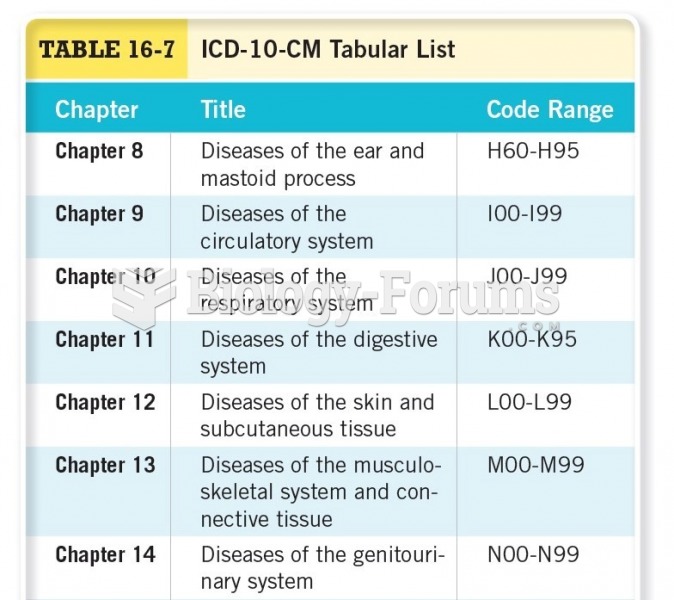Answer to Question 1
Answer: Mintzberg described ten managerial roles grouped around interpersonal relationships, the transfer of information, and decision making.
A. The interpersonal roles are ones that involve people (subordinates and persons outside the organization) and other duties that are ceremonial and symbolic in nature. The three interpersonal roles include:
a. figurehead
b. leader
c. liaison
B. The informational roles involve collecting, receiving, and disseminating information. The three informational roles include:
a. monitor
b. disseminator
c. spokesperson
C. Finally, the decisional roles entail making decisions or choices. The four decisional roles include:
a. entrepreneur
b. disturbance handler
c. resource allocator
d. negotiator
Answer to Question 2
Answer:
a. Efficiency refers to getting the most output from the least amount of inputs. Because managers deal with scarce inputs including resources such as people, money, and equipment they are concerned with the efficient use of resources. It's often referred to as doing things right that is, not wasting resources. For instance, efficient manufacturing techniques can be implemented by doing things such as cutting inventory levels, decreasing the amount of time to manufacture products, and lowering product reject rates.
b. Effectiveness is often described as doing the right things that is, doing those work activities that will help the organization reach its goals. For instance, goals can include meeting customers' rigorous demands, executing world-class manufacturing strategies, and making employee jobs easier and safer. Through various work initiatives these goals can be pursued and achieved. Whereas efficiency is concerned with the means of getting things done, effectiveness is concerned with the ends, or attainment of organizational goals.







